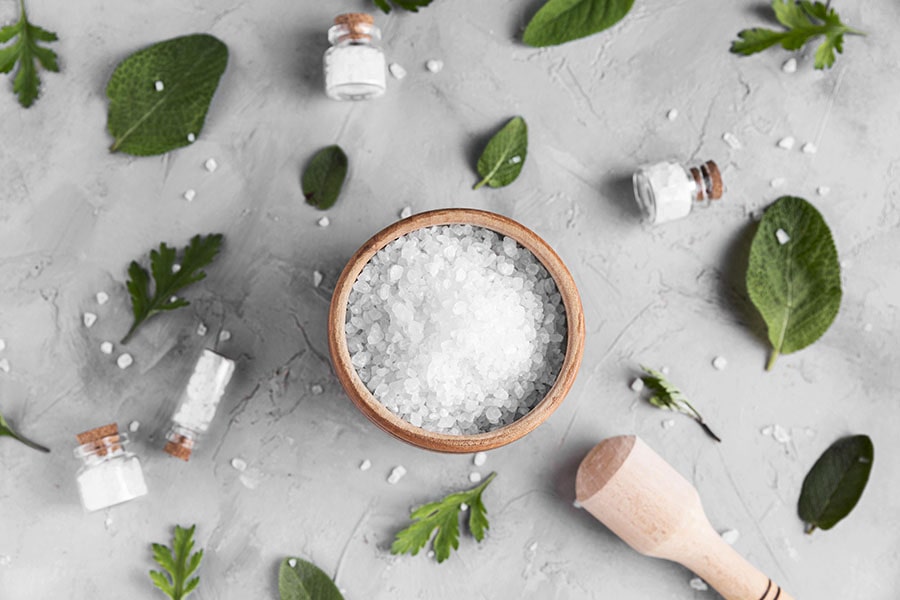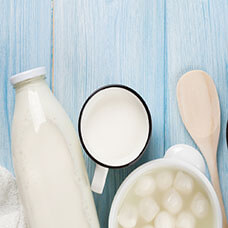
How to use salt for better health?
Salt offers many health benefits, as it is an essential mineral that is necessary to maintain the functioning of organs in the body. To maintain a healthy body, each person only needs to consume a sufficient amount of salt each day. So how should salt be used for health benefits? This article will help readers have a satisfactory answer to this problem.
The necessity of salt for health
Salt is one of the essential minerals, playing an important role in the development and maintenance of human activities. The sodium content in salt helps keep our minds sharp and is essential for brain development. Sodium also plays an important role in maintaining stable blood pressure. In addition, salt also helps regulate body temperature, regulates the development of the central nervous system, directly affects the rate and amount of oxygen consumed by the heart, as well as the ability to produce red blood cells in the blood vessels. cells and many other benefits.
How much salt should you eat a day?
Salt is used daily in the diet of each person. The amount of salt loaded into the body more or less depends on the taste of each person. But many studies have shown that regular salty eating habits affect heart health. Meanwhile, a diet that is too light also leaves bad consequences such as making the body always tired, anorexia, .. leading to a decline in the function of the organs in the body. So how much salt should you consume in a day?

For adults with normal health should consume less than 5g of salt/day. The minimum level of sodium the body needs to be provided to ensure the normal functioning of the body is about 200-500mg/day (equivalent to 0.5-1.2g salt/day).
For children: children under 1 year of age, the recommended amount of salt is less than 1.5g and for infants, less than 0.3g of salt/day is enough.
For patients with high blood pressure: should maintain a light diet, that is, consume only 2-3g of salt/day and add foods rich in potassium, vitamins, fiber and beneficial minerals.
People aged 45 and over should also limit their salt intake, providing only the recommended amount of salt.
How to balance salt in the body
How to determine the amount of salt in the diet?
Natural foods in daily meals have about 400mg of sodium (equivalent to 1g of salt). Seafood will have a higher amount of salt than other natural foods. Salt is often found in salty spices. Accordingly, 1g of salt has 400mg of sodium, 1g of seasoning has 200 mg of sodium, 1g of MSG has 130 mg of sodium, 1ml of fish sauce has 77 mg of sodium, and 1ml of soy sauce has 56 mg of sodium. Each packet of instant noodles contains an average of 4.3g of salt, with about 1700mg of sodium.
Based on the above information, readers should make reasonable adjustments in the process of using salty spices daily.
Follow a low salt diet

Here are a few simple solutions that you can apply every day, to follow a low salt diet:
Limit the frequent use of products containing high salt content such as chips, pizza, canned food, ...
Check the salt content on the labels of fast food products.
Choose a simple cooking method, avoid marinating or seasoning too much for the dish. Prioritize steamed and boiled dishes to retain the natural flavor as well as nutrients from the food.
Limit the use of salt, sugar, monosodium glutamate, ... to taste food and replace it with other natural spices, safer spices such as garlic powder, lemon, black pepper powder, onions, ginger, dill, etc.
Salt is only really beneficial to health if used in moderation every day. If you are wondering about a reputable place to buy salt substitutes, don't forget to visit UniMall.








